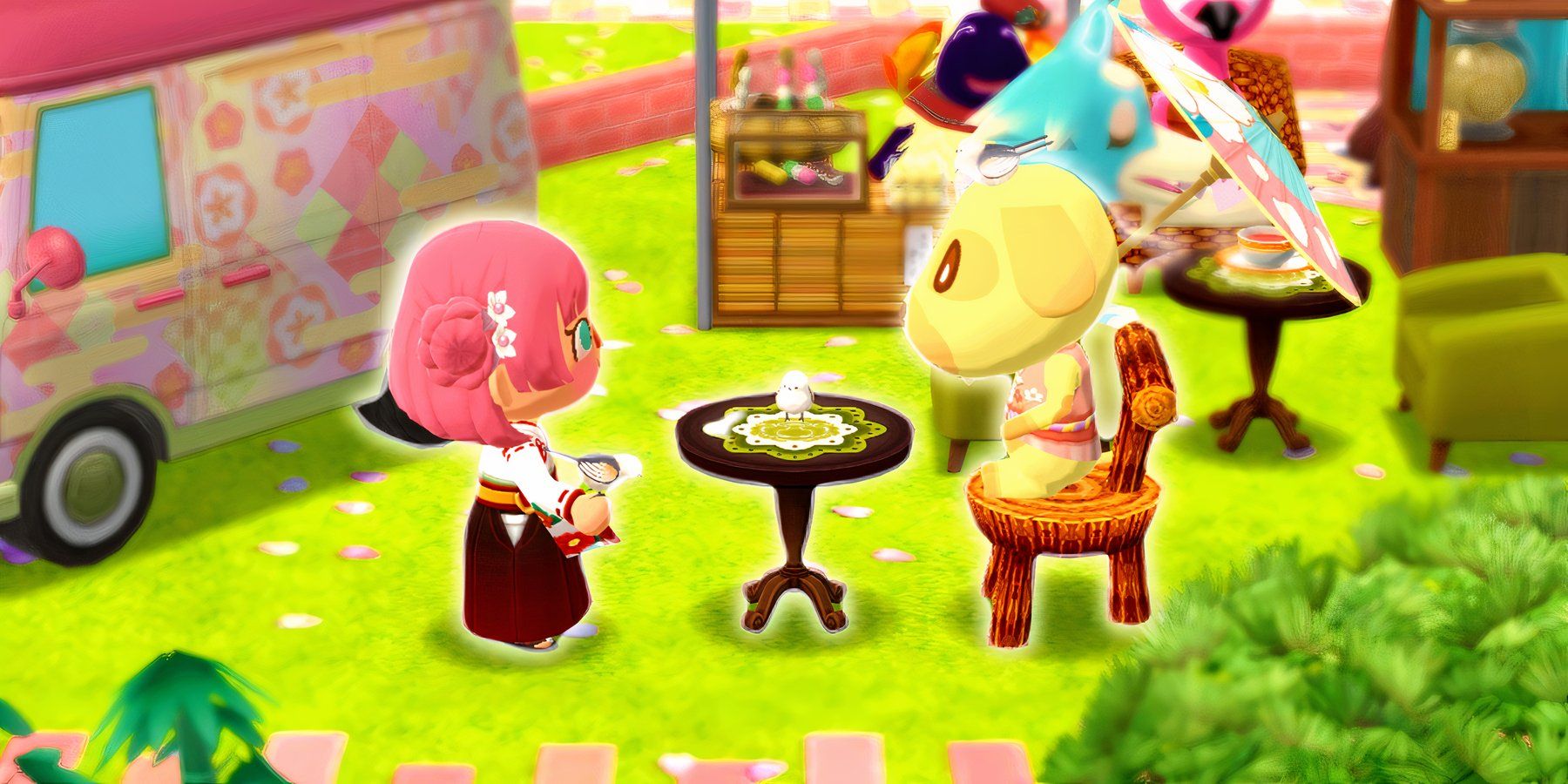Like all of us, Margaret Qualley won’t forget the impact David Lynch had on cinema.
The “Substance” actress looked back on how late auteur Lynch inspired her own cinephile tastes and filmography. Lynch died this week at age 78.
“I adore him,” Qualley told IndieWire. “I think ‘Blue Velvet‘ may be the first film of his that I saw when I was, like, 16. It still sits with me in such a deep way. Those images and Isabella Rossellini’s performance … I will forever be inspired by him, like everybody else.”
Qualley also cited how Transcendental Meditation “changed her life” thanks to Lynch’s practice.
“He has some quote about how people believe that Vincent van Gogh’s suffering and his pain was indicative of his art. And [Lynch] was talking about how he thinks that that was probably actually limiting his art, and he could have been much more prolific had he had not been in so much pain,” Qualley said. “And I thought that was such an astute point in the sense, like debunking the idea of the struggling artist and the amount of suffering that someone has to go through in order to be capable of making sound work. I feel like that’s something that actors specifically have been plagued with, in the sense that you have to put yourself through it in order to be good.”
She continued, “I think that striving for joy and happiness and family and a beautiful life and working from that place is so inspirational, and to be able to look to David Lynch as somebody who was capable of absolute limitless creativity and had the ability to go in every emotional direction possible while also striving to be happy is really special.”
Lynch’s quote in full reads: “You don’t have to suffer to show suffering. You don’t have to be filled with turmoil to show turmoil. Have it in the story. I don’t know what goes on in artists’ heads, but I think all the great artists loved working. A lot of people say, ‘Well, suffering is good for art. Look at van Gogh,’ they say. And I say, ‘Let’s take a look at van Gogh. Van Gogh didn’t go out painting because he hated it. The only time he was happy, probably, was when he was painting. He painted because he loved to paint. And the rest of his life was pretty miserable. He didn’t sell anything. He was broke. A lot of the times, he was probably really hungry. It’s just common sense. Suffering reduces. Negativity is the enemy of creativity.”
He later said, “People might bring up Vincent van Gogh as an example of a painter who did great work in spite of, or because of, his suffering. I don’t think it was pain that made him so great, I think painting brought him whatever happiness he had.”

 3 hours ago
4
3 hours ago
4










 English (US) ·
English (US) ·